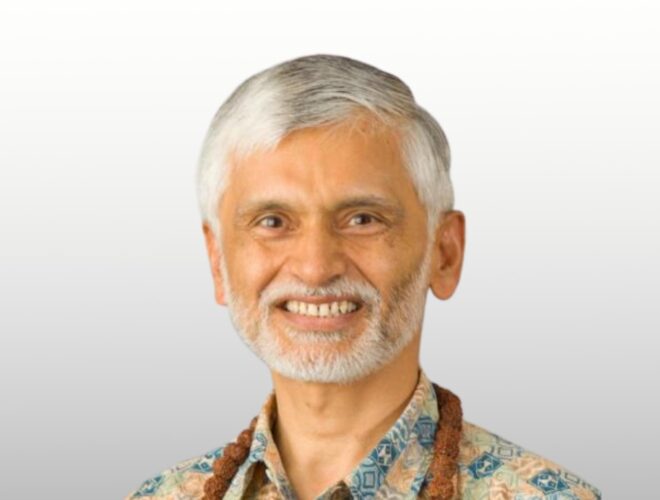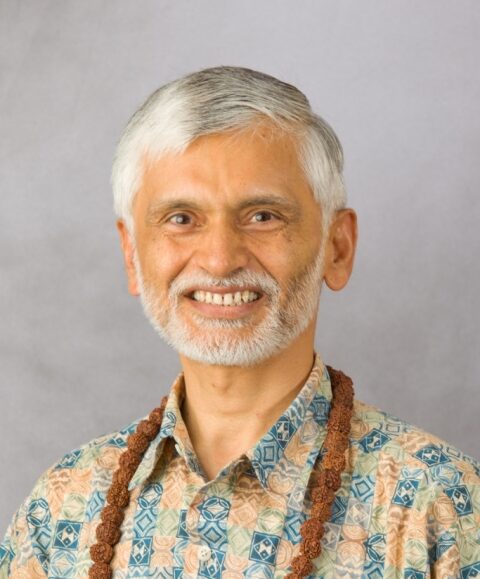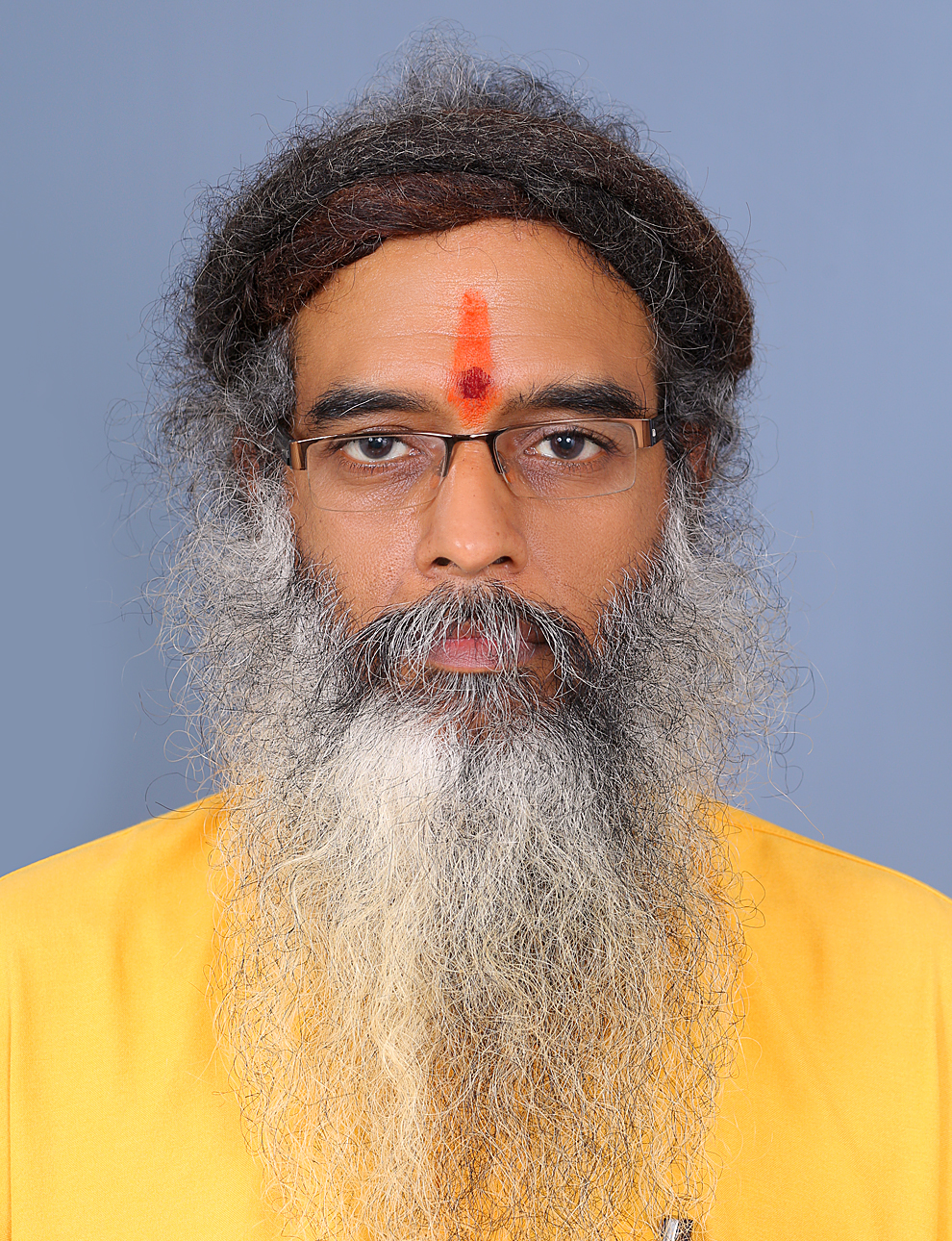Dharm P S Bhawuk is Professor of Management and Culture and Community Psychology at the University of Hawai’i at Manoa, USA.
His research interests include indigenous psychology and management (focus on India and Nepal) and cross-cultural training. Bhawuk is a citizen of the USA and was born and raised in Nepal. He has B Tech (Hons) in Mechanical Engineering from IIT Kharagpur (1979), MBA from the University of Hawai’i at Manoa (1989), and PhD from the University of Illinois at Urbana- Champaign (1995). He is the author of the book, Indian Psychology: Lessons from the Bhagavad-Gita (2011), and co-editor of the books, Indigenous Indian Management: Conceptualization, Practical Applications and Pedagogical Initiatives (with Ashish Pandey and Pawan Budhwar, 2022), Cambridge Handbook of Intercultural Training (with Dan Landis, 2020), Barriers and opportunities at the base of the pyramid, (2014, published by UNDP: Istanbul International Center for Private Sector in Development), and Asian Contributions to Cross- Cultural Psychology (with Janak Pandey & Durganand Sinha, 1996). He has published more than 110 papers and book chapters, and made over 250 presentations internationally.
He has regularly presented at the National Academy of Psychology (NAoP) in India and organized the symposium on Indian Psychology at NAoP conference in 2008 at IIT Gauhati. Indian Psychology has now become a stream at NAoP. He has offered two-day workshops on Methodology for Indian Psychological Research at NAoP and other universities. He is involved with other Indian academics in the Indian Psychology movement and also in the Indian Management movement. He has taught in China (2015-19), New Zealand (2002), and Nepal (2002) as Visiting Professor.
He is a Founding Fellow of International Academy of Intercultural Research (IAIR), Fellow of Indian Academy of Management (INDAM), Foreign Fellow of National Academy of Psychology (NAoP), India, and was H Smith Richardson, Jr. Visiting Fellow, Center for Creative Leadership, Greensboro, North Carolina (2009 -2010), and recipients of many other awards.



